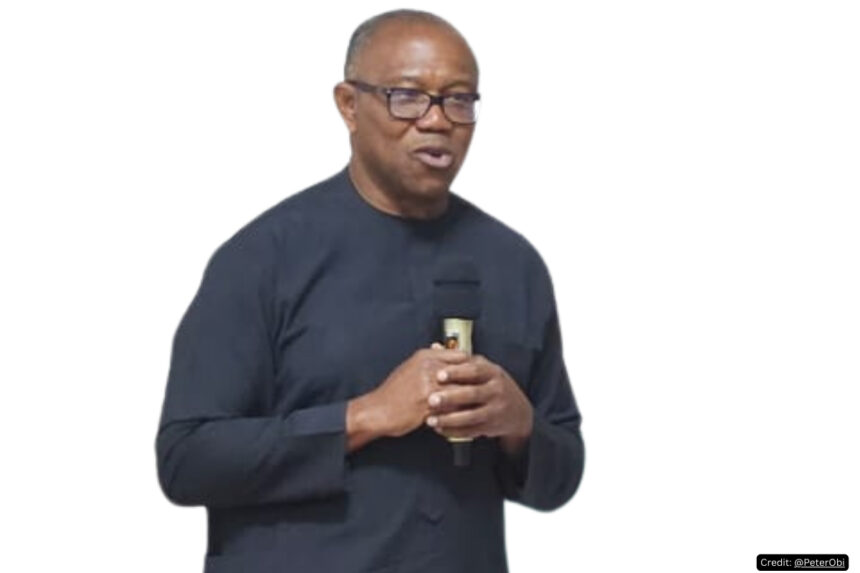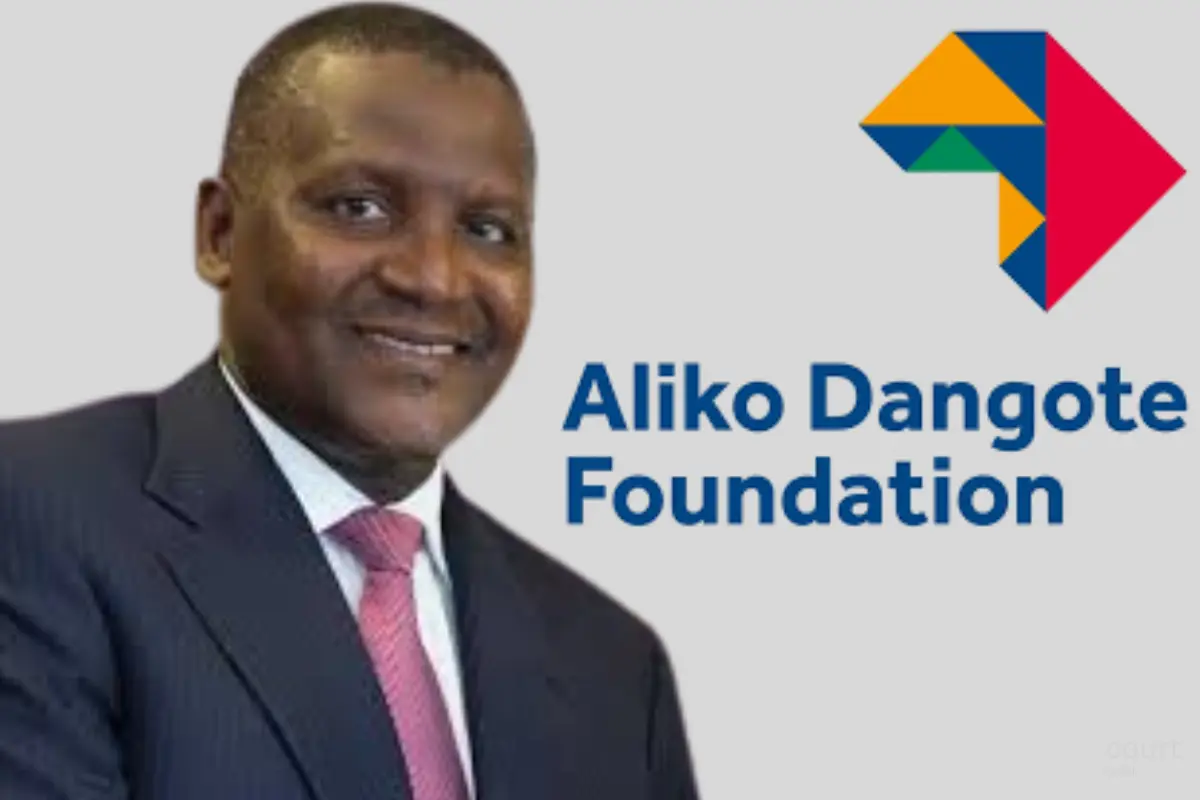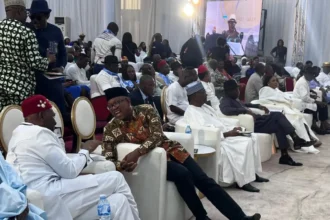In his continued advocacy for Nigeria’s economic growth, Peter Obi has emphasized the necessity of adopting strategic policies to create an environment conducive to foreign investments. Drawing from the success stories of other nations, Obi highlighted the transformative potential of prioritizing security, governance, and resource allocation to unlock Nigeria’s untapped economic potential.
Highlighting the connection between investment inflows and a stable environment, Obi likened the dynamic to “a bee and honey.” He explained that investments naturally gravitate toward regions with favorable conditions, driven by a commitment to rule of law and the strategic allocation of resources to productive sectors.
Using the United States as an example, Obi pointed to the nation’s $1.1 trillion investment inflow in January 2025. He attributed this to a strong economic framework and intangible assets that foster confidence in the market—achievements that do not rely on frequent global investment tours.
Obi also drew attention to developing nations with similar demographics to Nigeria, such as Indonesia, India, and Vietnam, as models for economic transformation. Indonesia, with a population of approximately 265 million, has experienced exponential growth by prioritizing key sectors like healthcare, education, and poverty alleviation. As a result, its GDP grew from $165 billion in 2000 to $1.39 trillion in 2024—an eightfold increase.
India and Vietnam have recorded similar success stories. India’s GDP rose from $476 billion in 2000 to $3.73 trillion in 2024, while Vietnam’s GDP expanded from $31 billion to $506 billion in the same period—a 16-fold increase. Nigeria’s GDP, by comparison, increased from $70 billion in 2000 to $210 billion in 2024, a modest threefold rise that Obi described as insufficient given the country’s vast resources and population.
“Countries like Indonesia are now attracting nearly ten times the foreign direct investment that Nigeria does,” Obi noted, underscoring the urgency for Nigeria to replicate the strategies employed by these nations.
Obi reiterated that with the right leadership, Nigeria could achieve comparable growth by focusing on intangible assets, fostering a productive society, and promoting entrepreneurship. He emphasized that strategic investments in critical sectors would not only stimulate development but also position Nigeria as a competitive destination for foreign direct investment.
“This is the kind of economic shift we should aim for by replicating the strategies of nations that have succeeded in similar circumstances,” Obi concluded.


















